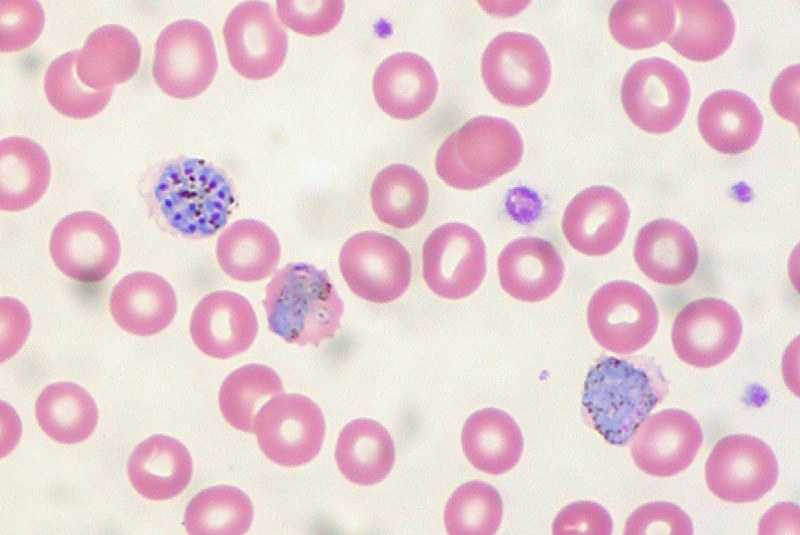
US cases of pertussis (whooping cough), rose sixfold from 2023 to Nov 30, 2024, yet public knowledge of the highly contagious bacterial disease is lacking, suggests a survey today from the Annenberg Public Policy Center of the University of Pennsylvania.
The data came from the 22nd wave of a nationally representative panel of 1,771 adults surveyed from November 14 to 24, 2024. Annenberg has been tracking public knowledge, beliefs, and behaviors surrounding vaccination, COVID-19, influenza, respiratory syncytial virus (RSV), and other health issues through this panel since 2021.
After a COVID-19 pandemic–related lull, pertussis infections have climbed steeply, with more than 28,000 cases reported so far this year, six times as many as in the same period in 2023, per the Centers for Disease Control and Prevention (CDC).
The CDC recommends that everyone aged 7 years and older, including pregnant women, receive the tetanus, diphtheria, and pertussis (Tdap) vaccine. Infants and young children can receive the diphtheria, tetanus, and acellular pertussis (DTaP) vaccine.
Nearly a third don't know pertussis is vaccine-preventable
Some survey highlights:
- Thirty percent of respondents didn't know that pertussis is the same as whooping cough or that it is vaccine-preventable.
- Only 29% knew all three diseases that the Tdap vaccine protects against and chose no incorrect ones.
- A total of 85% said they would likely recommend that an 11- or 12-year-old child in their household or an adult due for a 10-year booster get a Tdap vaccine. And 80% said the vaccine is effective.
- When shown a list of symptoms and asked which ones apply to pertussis, the only one nearly universally recognized (83%) was coughing fits. Low-grade fever was correctly selected as a symptom by 44%, vomiting after coughing by 33%, and a runny nose by 30%.















